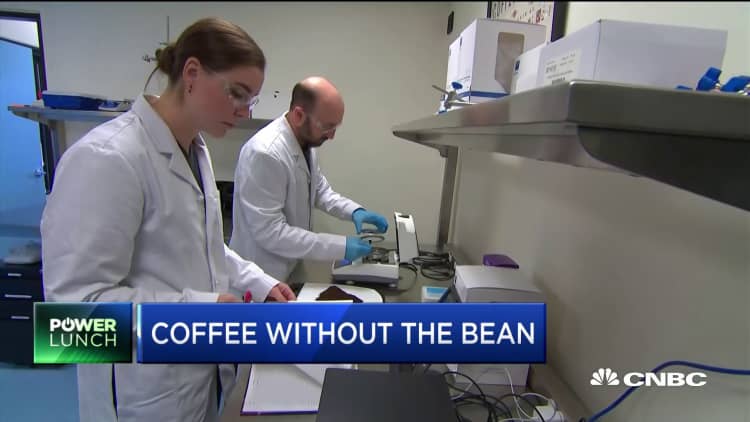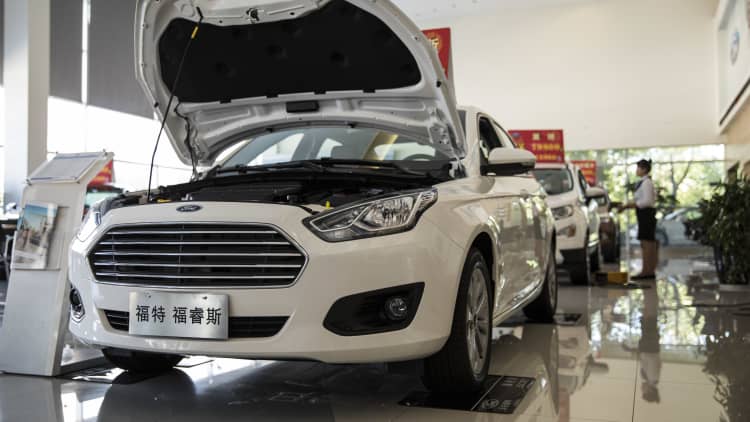Coffee chaff, the husk of the bean that comes off during roasting, usually gets turned into garden mulch or charcoal — or thrown away.
But McDonald's and Ford are taking a different approach.
When heated and mixed with plastic and other additives, coffee chaff can be formed into pellets and then various other shapes.
Ford is planning to use a chaff composite for interior car components and under the hood. As a result, the car parts will be 20% lighter — better for fuel efficiency — and provide the company with up to 25% energy savings during the molding of the parts.
The first auto component to be produced using the chaff will be headlamp housings. With help from Competitive Green Technologies, which processes the coffee chaff for Ford, and the automaker's supplier Varroc Lighting Systems, the headlamp housings will go into production by the end of the year for the Lincoln Continental.

Each headlight housing uses chaffs from about 300,000 beans. They are also more durable because the chaff composite can withstand heat better, according to Debbie Mielewski, senior technical leader of Ford's sustainability and emerging materials research team.
McDonald's plans to divert a "significant portion" of its North American coffee chaff to Ford. In 2018, the fast-food giant served about 822 million cups of hot McCafe coffee in the United States alone.
Both companies plan to continue exploring new ways to work together on sustainability efforts — including using more of McDonald's scraps.
"They must have a lot of ketchup discards — tomato skins and peels and seeds," Mielewski said in an interview. "What about their French fry potato peels? We're convinced we can probably do some chemistry and make something out of those as well."



